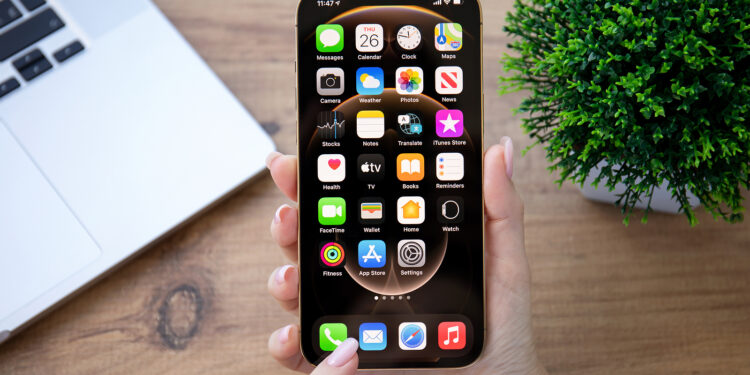Many of us use our iOS devices every day, be it an iPhone or an iPad, to access a variety of apps that make our lives easier and more fun. All of these apps come from the official Apple App Store, which is known for its strict quality and security standards. But what about the apps that will soon be distributed through alternative app stores in EU countries? How does Apple ensure that they are just as safe and trustworthy? In this article, we will take a closer look at how notarization works for iOS apps that are to be distributed outside the official App Store and how this measure ensures user safety and trust.
The app market is booming and there is a wealth of applications for almost every purpose. While the Apple App Store offers a wide range of apps, some developers intend to create alternative app stores to make their applications accessible elsewhere. To ensure that these apps meet Apple's high standards and ensure user security and privacy, the company has introduced a notarization process that is closely similar to that used for Mac apps.
What is notarization for iOS apps?
Notarization for iOS apps is a process that Apple developed to ensure that apps distributed through alternative app stores in EU countries comply with data protection, security and device integrity requirements. This process is crucial to ensure that users do not install malicious software on their devices and that apps work as advertised without deceiving users.
Apple: Verification points for authentication
During the notarization process, various aspects of the apps are reviewed to ensure they meet the standards. These include:
accuracy
Apps must clearly state who the developer is, what features they offer and what costs users will incur. This ensures that users have all the relevant information to make an informed decision.
functionality
The app binaries are checked for verifiability, absence of serious errors or crashes, and compatibility with the current iOS version. Manipulation of software or hardware that could negatively affect the user experience is not allowed.
Security
Apps must not harm users or the public. They must not distribute malware or suspicious software or run executable code outside of their container. Transparency and user consent are crucial when it comes to accessing the system or device.
data protection
The apps must not collect or transmit private or sensitive data without the knowledge of the users. They must correspond to the stated purpose of the software.
encryption and signing
To ensure that users get apps from trusted sources and to protect developers' intellectual property, Apple plans to encrypt and sign all notarized iOS apps. This ensures that the apps have not been tampered with and can only be installed through authorized web browsers.
Conclusion
Notarization for iOS apps distributed through alternative app stores is an important step by Apple to ensure user safety and trust. Although this process is not as rigorous as Apple's App Store review process, it aims to maintain basic security standards and reduce risks associated with alternative app stores. Users can be confident that notarized apps are safe and trustworthy, according to Apple, and they have the opportunity to review all relevant information about the apps before installing them. This is another step Apple is taking to protect the integrity of its platform and provide users with a safe and enjoyable app experience. However, whether Apple's approach will actually provide the necessary security remains to be seen. (Photo by DenPhoto / Bigstockphoto)
- iOS 17.4 default web browser: Apple reveals further details
- iOS 17.4 Beta 1: Comprehensive new features at a glance





